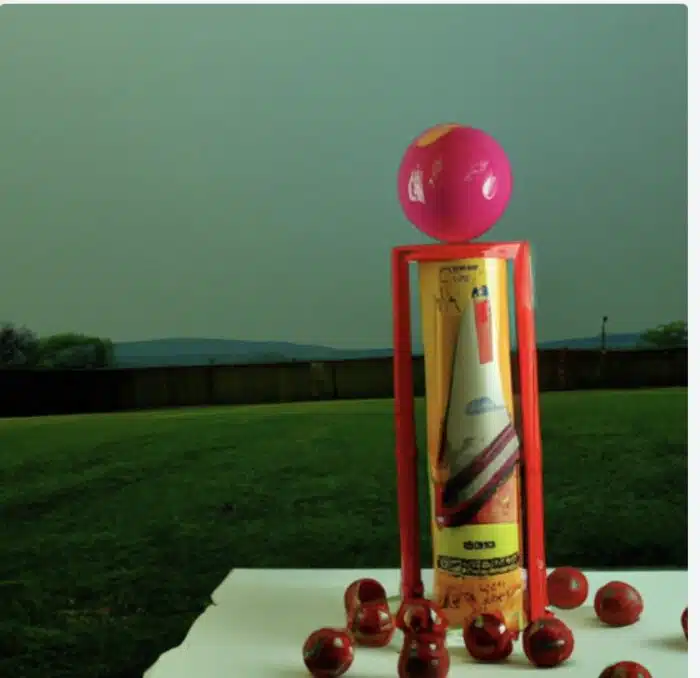PED stands for “Performance Enhancing Drugs,” which are substances that are used to improve an individual’s athletic performance. These drugs are typically banned in sports competitions as they give the user an unfair advantage over other athletes.

Some common examples of performance enhancing drugs include anabolic steroids, human growth hormone, erythropoietin (EPO), and stimulants such as amphetamines. These substances can increase muscle mass, enhance endurance, improve reaction time, and boost energy levels, among other effects. We take a look at the same in wake of the shocking revelations with regards to BCCI and Indian cricket.
Is Performance Enhancing Drugs norm in the fitness industry?
In fitness and bodybuilding culture, the term “natty” is short for “natural.” It is used to describe an athlete or bodybuilder who achieves their physique without the use of performance-enhancing drugs (PEDs) such as anabolic steroids, human growth hormone, or other banned substances.
A “natty” athlete is someone who relies solely on hard work, dedication, and natural means to achieve their physique. This can include a combination of a healthy diet, consistent training, and adequate rest and recovery. The idea is that by avoiding the use of PEDs, a natty athlete is able to achieve their goals in a way that is both healthy and sustainable, while maintaining the integrity of their sport.
In the fitness and bodybuilding community, being natty is often seen as a badge of honour, as it demonstrates a commitment to fitness and health that is based on personal effort and discipline, rather than the use of artificial means to achieve a desired look or level of performance. However, it is worth noting that the term “natty” is often used loosely, and it can be difficult to determine with certainty whether an athlete is truly natural or not.
There have been allegations and rumours about a Brazilian Jiu Jitsu (BJJ) champion, using performance enhancing drugs (PEDs) to improve his performance. However, it is important to note that these allegations have not been confirmed and he has not been found guilty of any doping violations by the relevant authorities.
He is widely regarded as one of the most talented and accomplished BJJ athletes of his generation. He has won numerous championships and accolades, including the ADCC World Championships, one of the most prestigious tournaments in the sport. Ryan’s success has led to speculation about his use of PEDs, but he has consistently denied these allegations and has passed all drug tests administered by the relevant authorities.
It is worth noting that the use of PEDs is strictly prohibited in BJJ and other combat sports. The International Brazilian Jiu Jitsu Federation (IBJJF) has a comprehensive anti-doping policy, and athletes are subject to testing both in and out of competition. The use of PEDs can result in significant consequences, including suspension and the loss of titles and accolades.
What is being done?
While performance enhancing drugs may offer short-term benefits, they can also have serious long-term health consequences. These can include liver damage, cardiovascular disease, increased risk of stroke and heart attack, and fertility issues. In addition, the use of these drugs is considered unethical and can lead to sanctions, including suspension and even permanent bans from sports.
Russia has been banned from participating in the Olympic Games and other major international sports events since December 2019 due to a doping scandal that involved state-sponsored doping and cover-up of positive drug tests.
The World Anti-Doping Agency (WADA) conducted an investigation into Russian doping and concluded that there was a widespread, systematic, and state-sponsored doping program in Russia. The investigation found evidence of tampering with samples, swapping urine samples, and intimidating anti-doping officials. As a result, the International Olympic Committee (IOC) banned Russia from participating in the 2018 Winter Olympics in Pyeongchang, South Korea, and other major international sports events.
In December 2019, WADA banned Russia from all international sporting events for a period of four years, which includes the 2020 Olympic Games in Tokyo, Japan, and the 2022 Winter Olympics in Beijing, China. Russian athletes who can prove that they are clean and not involved in the doping scandal are allowed to compete under a neutral flag.
The ban on Russia in the Olympics and other major international sports events was a significant development in the fight against doping in sports. It sends a strong message that doping will not be tolerated and that cheating in sports will have serious consequences. It is yet to be seen how the Indian team will be investigated.












